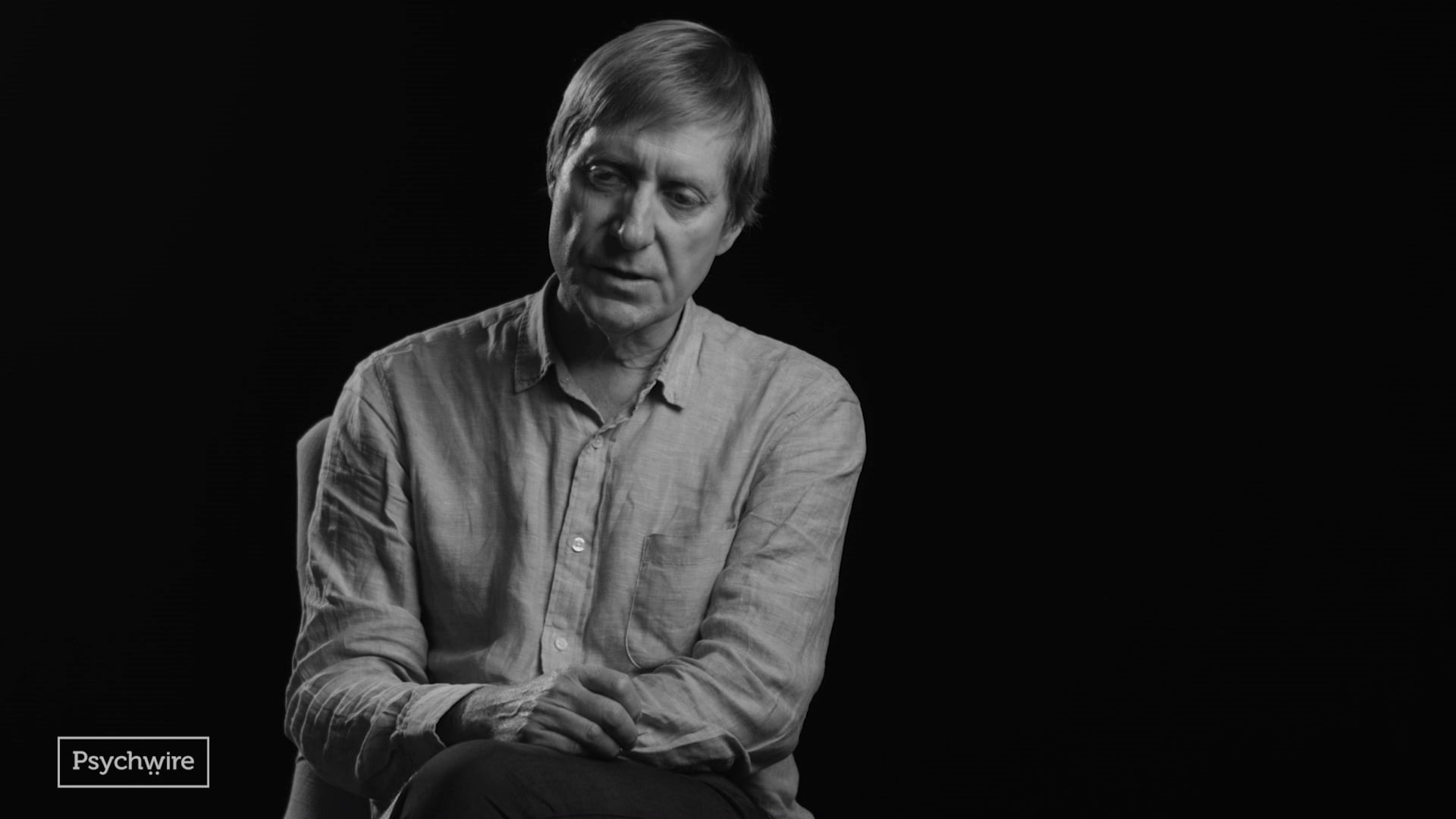
Silence Within a Consultation
 Motivational Interviewing in Health Care
Motivational Interviewing in Health CareEffective engaging usually starts by asking the patient permission to move on to different topics. If you are sort of moving on from, say, often a biomedical issue onto behavior change, you might ask the patient directly. Like, I'm aware that your smoking or alcohol use could be impacting upon this condition. Do you mind if we just spend a few minutes talking about it?
So just asking permission, making a transition, and then asking open questions. What what do you feel about that? What do you feel about your current levels of exercise, not jumping into quickly with an interruption is critically important. And, you know, doctors in particular are often criticized by being, impatient when there's silence. Some people have done research where they find that doctors' typical time to first interruption by the doctors fifteen seconds.
Feel uncomfortable when they're waiting for the patient to talk, but listening carefully, perhaps saying nothing is a huge skill. That is a communication skill, which can't, can't be over emphasized in terms of its value.